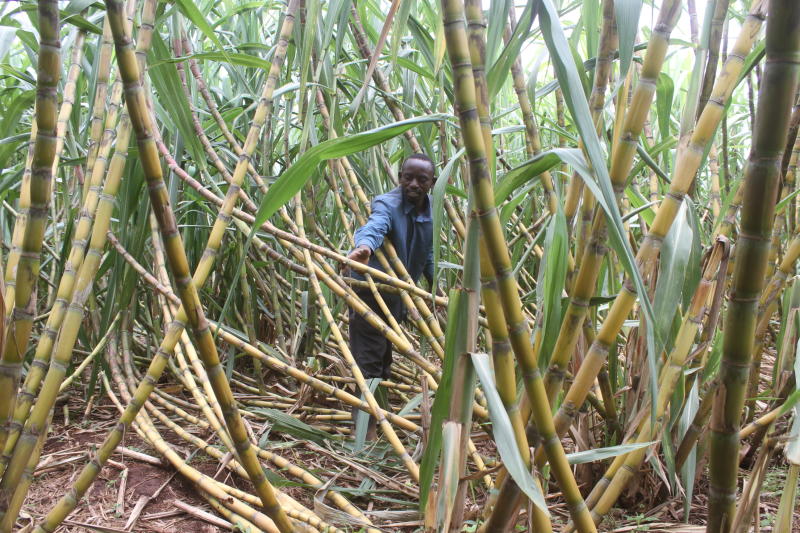×
The Standard e-Paper
Stay Informed, Even Offline

The Government finally gazetted new sugar regulations that are expected to end perennial cane wars between millers.
The guidelines, which have been lying in draft form for nearly two decades, bring into the sugar industry a raft of measures that will provide a lifeline to public millers, who have been having difficulty getting cane supplied to them.